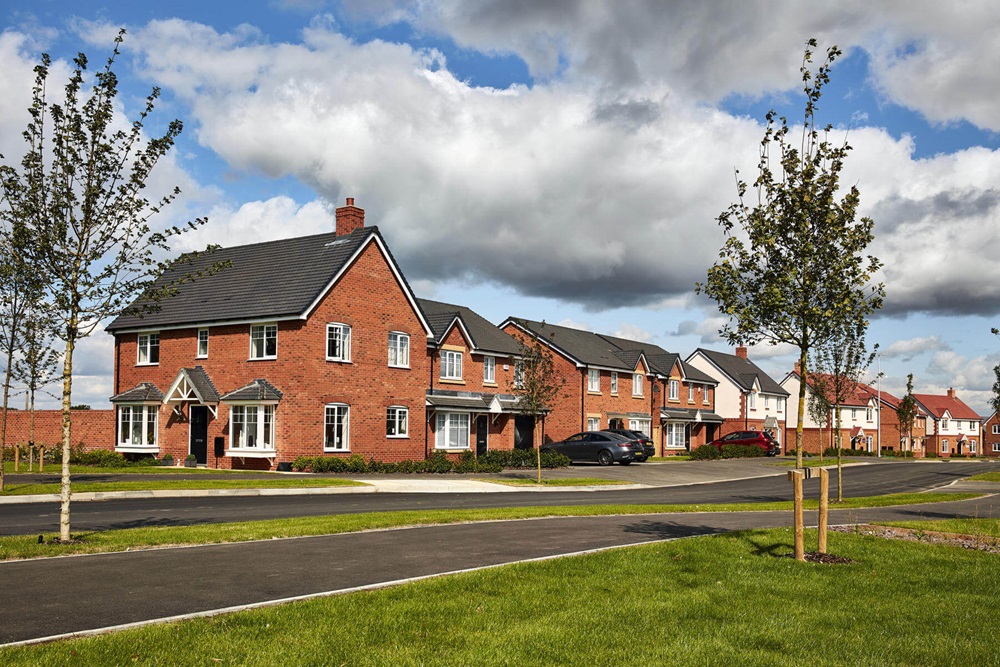What is Stamp Duty?
When you buy a home in the UK, the government will charge a tax. In England and Northern Ireland this charge is called Stamp Duty Land Tax (SDLT).
The amount you pay is dependent on the value of the property you purchase and when you choose to buy it.









 Read our buyer guide
The legal steps of buying a home
Learn more about the legal steps of buying a new home with our buyer guide.
Read our buyer guide
The legal steps of buying a home
Learn more about the legal steps of buying a new home with our buyer guide.
 Read our buyer guide
How to sell your property
Need some help selling your property? Read our guide here.
Read our buyer guide
How to sell your property
Need some help selling your property? Read our guide here.
 Read our buyer guide
The costs of moving home
Moving home can seem like a costly experience. Here's what you need to be aware of.
Read our buyer guide
The costs of moving home
Moving home can seem like a costly experience. Here's what you need to be aware of.